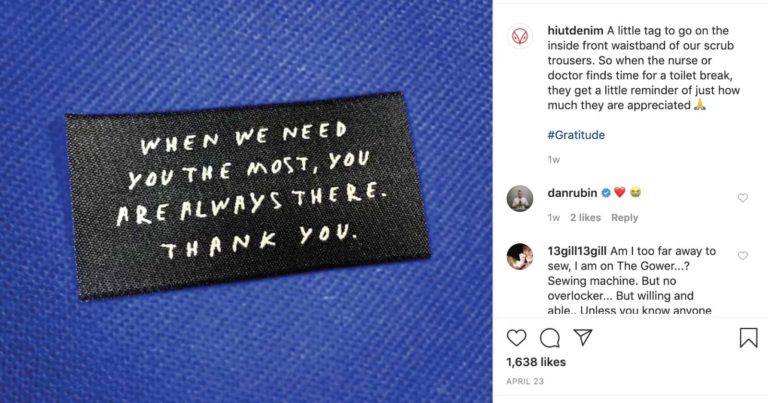
Top 5 Questions from Parents
Instagram is one of many social networks apps for smart devices and no single service, app or tool covers all digital social activities or even a single classification, however research reveals that interacting socially face-to-face is still the centerpiece for teenagers.
Bear in mind that your kids can be on Instagram even if they're not on Instagram. Sounds not likely, but not in social networks. Even if a moms and dad prohibits all social networks, his or her child's photo and other information can be posted by buddies by means of their accounts. And for teens, there's the worry of missing out that even has its own acronym, "FOMO." While not all teenagers need to or necessarily even wish to use social media Go Here apps, for numerous it's ingrained into their social lives. Obviously, moms and dads must assist their teenager make good options, but banning social networks may not be the very best service.
There are lots of alternatives for digital mingling, with new ones turning up on various platforms all the time. Some do a much better task of safeguarding privacy and security than others, and parents can't potentially be on top of all of them. We likewise can't always understand the context of images, videos and comments our kids become part of in social networks. That's why it's essential to keep Continued the lines of communication with your kids as open as possible and collaborate to find out what's suitable for them, in terms of security, personal privacy, reputation and time management. It generally just works much better to talk with our kids about their preferred tools-- with real interest, not fear-- since they're more likely to come to you if they ever need assistance.
1. Why do teens like Instagram?
Because they like consuming and developing media, sharing it and mingling, and Instagram makes all that manageable in a simple, attractive way. Teenagers likewise like the capability to produce "stories" that vanish after 24 hours.
2. Does Instagram have a minimum age?
Yes, it's 13, in compliance with the Children's Online Privacy Protection Act. Instagram doesn't ask users to define their age, and, regardless of the rules, there are numerous more youthful kids who use the service, frequently with their parents' permission. Instagram will delete underage accounts if they're notified and can't validate that the user is over 13.
3. What are the dangers in using Instagram?
There's nothing inherently dangerous about Instagram, the primary things parents worry about are common of all social media: suggest habits among peers, unsuitable pictures or videos that can injure a teenager's credibility or bring in the wrong kind of attention, overuse, and of course, privacy. Moms and dads are likewise worried that people their kids don't know can reach out to them straight. Kids can find out to reduce the probability of these threats, which is why we wrote this guide.
4. Are there tools to assist restrict how much time your kids spend on Instagram?
Instagram now provides tools to help users of any age much better handle the time they invest using the app. That includes an activity control panel, a day-to-day tip and enhanced ways to limit notifications. As we discuss later on in the guide, you can access these tools from Instagram's settings menu.
5. Should my teen's profile be personal?
We recommend teenagers have a personal account so that just fans they approve can see their posts in the Photos tab of Search & Explore or on hashtag or place pages. (Accounts are public by default.) A more public existence might be suitable for some older teens, such as those who are advocating for a cause, raising money for charity or participating in conversations about sports, problems or pastimes. If you believe your older teen may gain from a public account, make certain to talk with them about how to prevent posting anything that might threaten their security, individual privacy or credibility. It's important to note that Instagram's privacy settings don't follow if the posts are shared to Facebook, Twitter or Tumblr. Instead, the privacy settings for those services will apply.